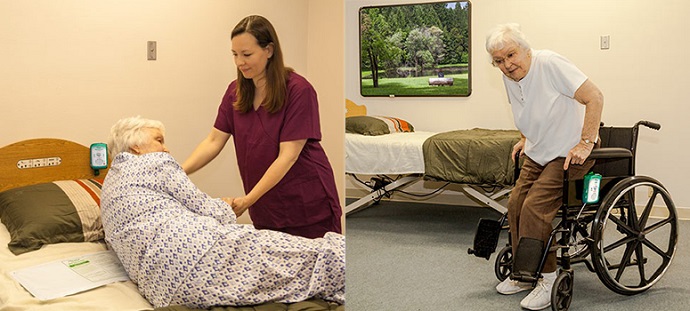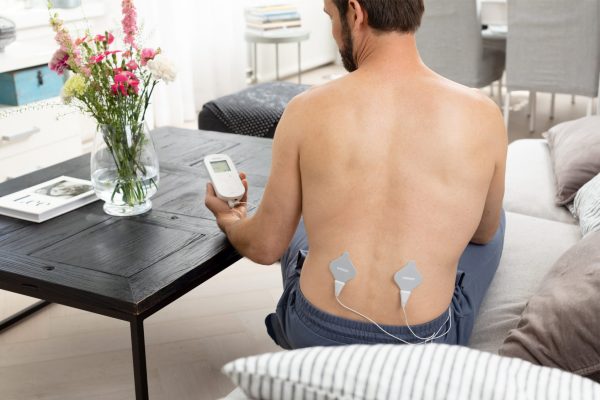As people age, they start to lose some of their coordination, flexibility, balance, and general motor skills. Taking this into account, it’s not strange that falls are a major health risk with around 30% of people over 65 experiencing at least one fall per year. And according to the Australian and New Zealand Falls Prevention Society, falls account for 40% of the injury-related deaths in people aged 85 years and older. While the statistics are clearly alarming, the good news is that falls can be prevented.
If you have an elderly family member or close friend in your care, helping them reduce their risk of falls is the best way to ensure they stay will healthy and active for as long as possible. And there are many simple and effective ways to do so, such as the use of special fall prevention products, proper adjustments in the home to help mobility, and most importantly – the unconditional support from loved ones.

Depending on the degree of physical impairment the person experiences, they can benefit from different fall prevention products. If they feel a lack of balance and regularly hold on to walls, something as simple as a cane or a walker can provide them with a firm support and a greater flexibility when moving around.
Making proper adjustments in the home to make it safer could be also of great help. For instance, adding bedrails in the bedroom is a great way to prevent falls by rolling off the bed, plus this also offers great support for sitting up. Installing grab rails in the bath or shower can provide the person with secure support and balance, whereas non-slip mats reduce the risks of walking around wet and slippery areas. More advanced products, like shower chairs and transfer benches, can be of great help if the person is frail and depends on the assistance of others.
Moving from room A to room B can present a great challenge for a weak and older person, especially when it involves stairs. To increase the safety around stairs, make sure that there are proper handlebars installed on each side, and that each step of the stairs is well-lit and visible. If there are hardwood floors, non-slip treads or rugs can reduce the risk of slipping and falling. Additionally, keeping the floors free of objects and clutter will greatly reduce the potential hazards.
At the end, perhaps the best prevention of all is good communication. It’s important to be aware of the state of your older loved one and discuss symptoms like dizziness and lack of balance. Encourage them to speak openly about their health and what they are experiencing so that you can know where to ask for help and what kind of fall prevention products would serve them best.



